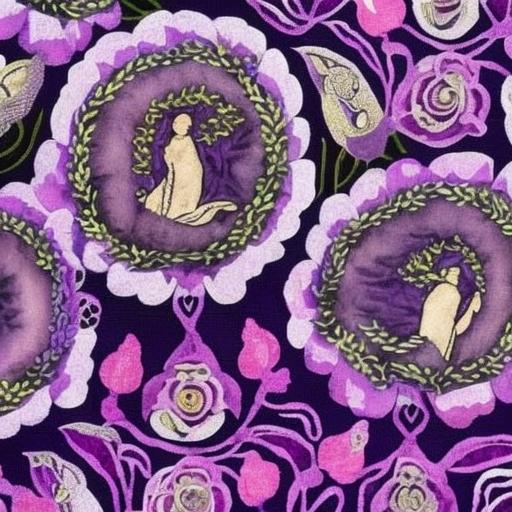The Color Purple by Steven Spielberg – A Tale of Resilience and Empowerment
Main Cast and Crew:
- Director: Steven Spielberg
- Writers: Menno Meyjes (screenplay), Alice Walker (novel)
- Key Actors: Whoopi Goldberg as Celie Johnson, Oprah Winfrey as Sofia, Danny Glover as Albert Johnson, Margaret Avery as Shug Avery
- Music Director: Quincy Jones
- Director of Photography: Allen Daviau
- Producers: Steven Spielberg, Kathleen Kennedy, Frank Marshall, Quincy Jones
Plot:
Set in early 20th-century Georgia, “The Color Purple” follows the life of Celie Johnson, a young African-American woman who endures a series of hardships and abuse. The film begins with Celie as a teenager, pregnant with her second child, both of whom are taken away from her. She is married off to a cruel and abusive man named Albert, known as “Mister,” who mistreats her and separates her from her beloved sister, Nettie.
As Celie navigates her oppressive existence, she finds solace in her friendship with Sofia, a strong-willed woman who refuses to be subjugated. Celie also develops a deep connection with Shug Avery, a glamorous singer and Mister’s mistress. Through her relationships with Sofia and Shug, Celie begins to discover her own strength and resilience.
As the story unfolds, Celie learns about her sister’s whereabouts and the letters Nettie has been writing to her over the years. These letters reveal a world beyond Celie’s limited perspective, filled with hope, education, and the possibility of a better life. With newfound determination, Celie starts to stand up against her oppressors and fight for her own happiness.
Themes and Motifs:
“The Color Purple” explores themes of resilience, sisterhood, and the power of self-discovery. The film delves into the intersecting experiences of African-American women in a deeply patriarchal and racist society. It highlights the importance of finding one’s voice, embracing personal agency, and challenging societal norms.
The motif of the color purple itself symbolizes transformation and empowerment. It represents the beauty and strength that can emerge from even the most oppressive circumstances. Through Celie’s journey, the film portrays the transformative power of love, friendship, and self-acceptance.
Reception and Legacy:
Upon its release in 1985, “The Color Purple” received critical acclaim for its powerful performances, sensitive storytelling, and exploration of important social issues. Although it garnered eleven Academy Award nominations, including Best Picture and Best Actress for Whoopi Goldberg, the film surprisingly did not win any awards.
Despite the lack of awards, “The Color Purple” has left a lasting impact on cinema. It remains a significant work in Steven Spielberg’s filmography, showcasing his versatility as a director. The film’s portrayal of African-American women’s experiences has also been praised for its authenticity and representation.
Recommendation:
“The Color Purple” is a poignant and emotionally charged film that tackles important themes with grace and sensitivity. It offers a powerful portrayal of resilience, sisterhood, and the pursuit of personal liberation. The stellar performances, compelling storytelling, and beautiful cinematography make it a must-watch for fans of thought-provoking dramas.
Memorable Quote:
“I’m poor, black, I might even be ugly, but dear God, I’m here. I’m here!” – Celie Johnson












